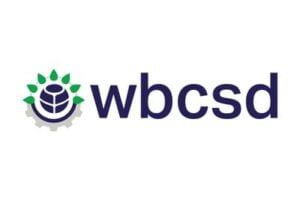WBCSD-PWC-Report – a tipping point towards sustainability
WBCSD-PWC-Report

The WBCSD – World Business Council for Sustainable Development and PwC published their report on how to reach net zero by incentivising supply chain partners at Cop26.
The combination of competing business priorities with supply chain complexity is the main challenge leading to delay in action. With our active membership in the “SOS 1.5” project, we aim for carbon transparency along the supply chain. Thereby, incentives can be linked to primary tracked values and supply chains can be decarbonised in a collaborative way.
“To reach net-zero, Scope 3 supply chain emissions must be addressed by businesses globally. Decarbonization within the supply chain plays a critical role in realizing net-zero ambitions, and multinationals are in a unique position to influence supplier behaviors, operations and investments through incentives.
However, the combination of competing business priorities with supply chain complexity has led many organizations to stall or delay action in this space.In response to this challenge, the WBCSD cross value chain project “SOS 1.5” that facilitates collaboration to accelerate and unlock decarbonization solutions, initiated an Incentivizing Supply Chain Decarbonization working group. Drawing on the consultation of 11 multinational businesses from this working group, WBCSD and PwC are pleased to share their findings in a new report bringing structure to this complex topic.
This report presents a framework of supplier incentivization levers that companies can use to decarbonize their supply chains, ranging from penalty-based to reward-based levers. The framework is supported by case studies of how companies are already using these to catalyze climate action within their supply chains, as well as concrete steps companies can take to incentivize supply chain decarbonization.” – WBCSD.
Download the WBCSD-PWC-Report here.

